The famous line professed by George Santayana claiming “those who cannot remember the past are condemned to repeat it,” may sound like a cliche due to its common use. More often than not, people misquote Santayana, likely saying, “those who do not know history are doomed to repeat it.”
However you may remember it, the gist remains the same. In a famous painting by René Magritte, this quote is depicted clearly. In the image, a large statue of a chair has a smaller, red chair resting in its seat.
A subjective interpretation of this painting reads quite simply: the smaller red chair represents the ever-growing reality of a future that appears eerily similar to the past. If not redesigned, society is destined to commit the same errors. The smaller chair will grow into a larger one.
Explicit in Santayana’s quote is a responsibility placed on us to be active; it is not enough to be stagnant and merely let things happen. Stagnant change will open the floodgates to evil outcomes.
Arthur Schopenhauer said something to this effect in his book, “Suffering, Suicide and Immortality.” Evil is the most positive thing that exists. Not in the sense that it gives us a reason to be optimists but that it constantly encroaches on us as a positive force. We are never at a lack of evil in the world. We are constantly ordering our lives a certain way to avoid this evil. Planning for the future is an example of this. Many of us are going to college to secure a career in order to live comfortable lives. In many ways, life is offensive to evil.
Upon analyzing the general consciousness, people do not believe the world is headed in the right direction. In other words – evil is prevailing. It looks as though we are providing the tools evil needs to function.
In 1941, George Orwell (1903-1950) wrote an article titled “Literature and Totalitarianism,” which highlighted the heavy influence of totalitarian evil on literature. A clear connection lies between this article and Magritte’s painting.
Why the fixation on literature? Literature acts as a social building block. As Orwell points out in his “Essays”:
“Politics – politics in the most general sense – have invaded literature to an extent that doesn’t normally happen, and this has brought to the surface of our consciousness the struggle that always goes on between the individual and the community.”
Similar to the painting above, literature is an imperative art form with much to teach us, so long as we allow it to. The complicated relationship between art and politics is perhaps the most important relationship that humanity has cultivated. These two subjects are the battlefield for ideas – where reality meets a figurative world that represents how we see reality.
More importantly, literature is one of our intellectual tools against the manifestation of political evil. As Orwell observed, “totalitarianism has abolished freedom of thought to an extent unheard of in any previous age. And it is important to realize that its control of thought is not only negative, but positive. It not only forbids you to express – even to think – certain thoughts but it dictates what you shall think, it creates an ideology for you, it tries to govern your emotional life as well as setting up a code of conduct.”
The political wave against literature, as a valuable art form for the progress of society, is a direct side-effect of the “State-Capitalist” (capitalism with heavy market manipulation by the state) system currently guiding the order (an Orwellian concept). It was almost as if Orwell forecasted the future.
Orwell writes, “we live in an age in which the autonomous individual is ceasing to exist – or perhaps one ought to say, in which the individual is ceasing to have the illusion of being autonomous.”
In modernity, this idea is self-evident. Mass technology is complicated for literature. Truth escapes us. Or maybe it is the pursuit of the truth itself. We should be wary of those who call to get rid of literature. Literature represents one of our last options to translate the world into a possibility born out of the impossible. That is, so long as we care enough about it.
So far, we have hardly been any better. Recent book bans reflect the lack of intellectual integrity and evil that is currently in play. Tight control and influence of manifestations of thought are far more pervasive and long-lasting. Literature is one of many examples of how these safe havens of thought are under threat.
It is our job to protect ourselves from the positive forces of evil.


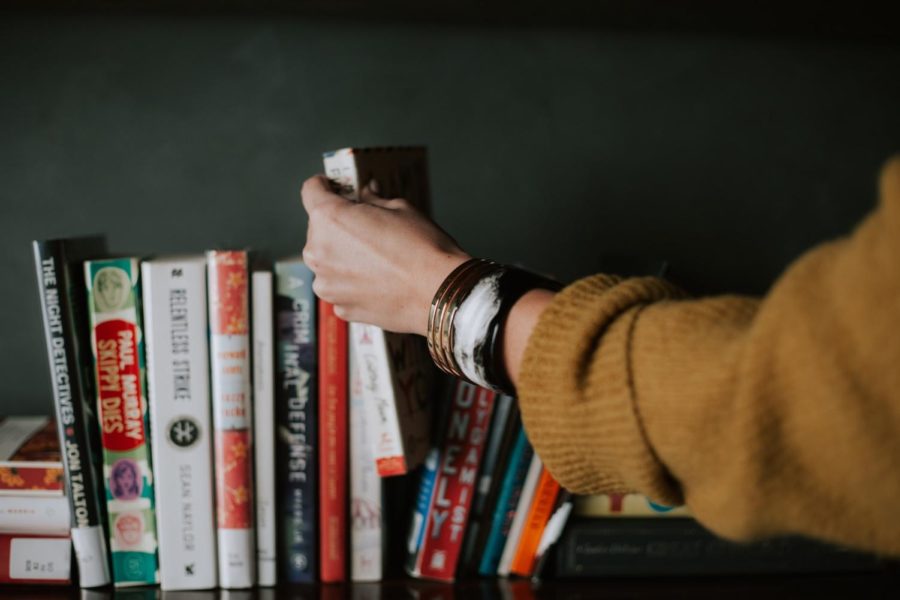
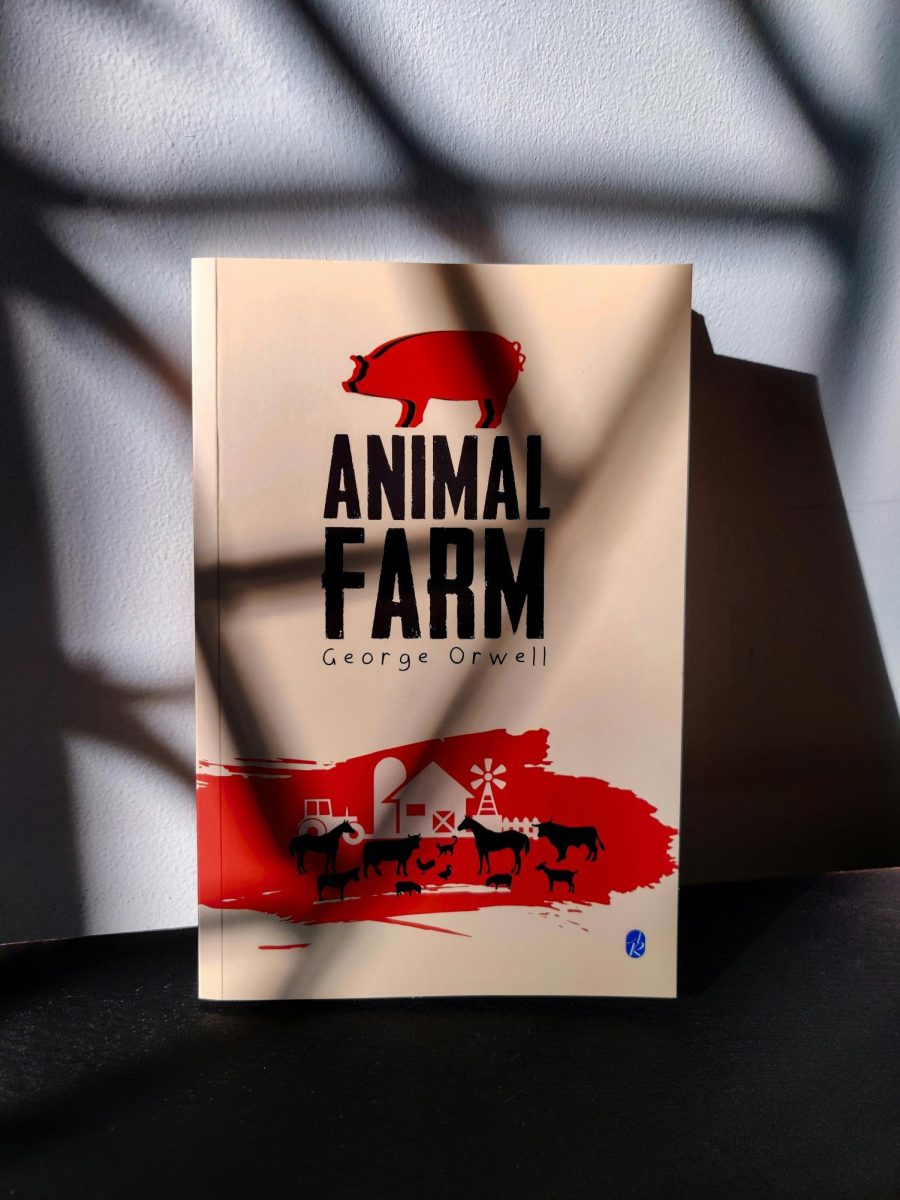
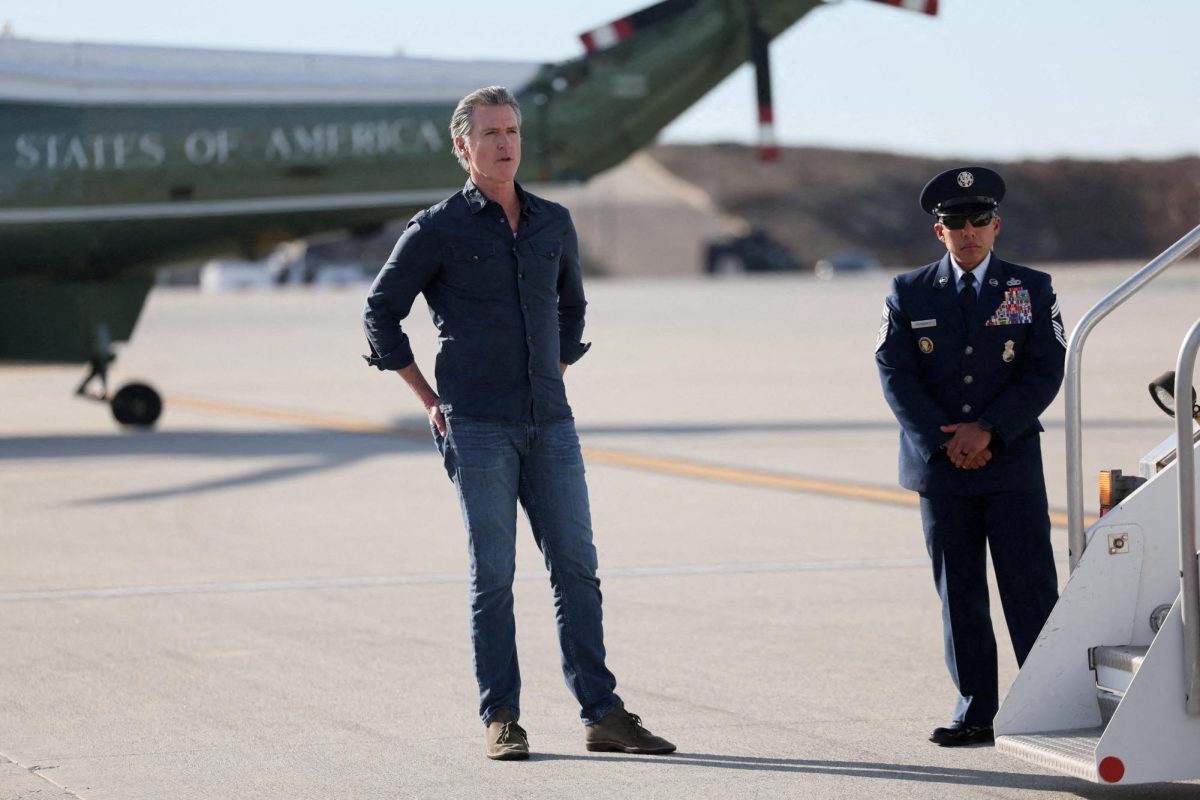

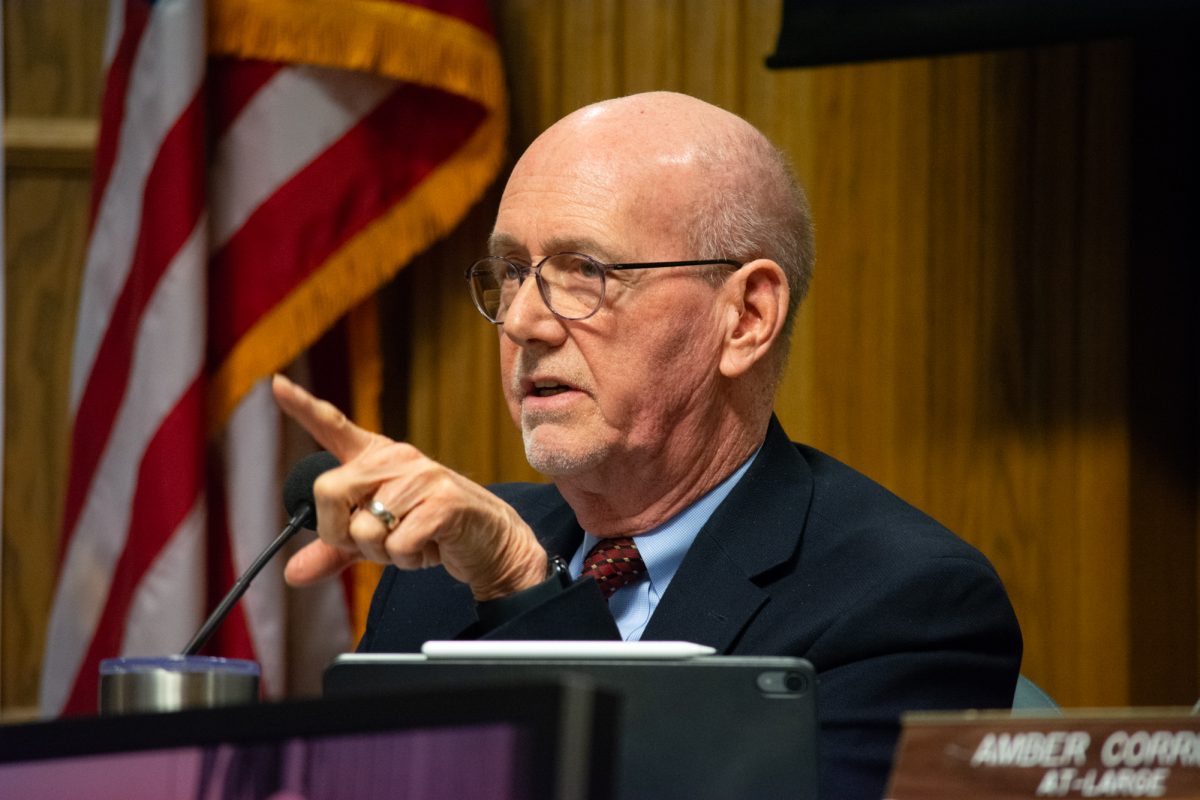
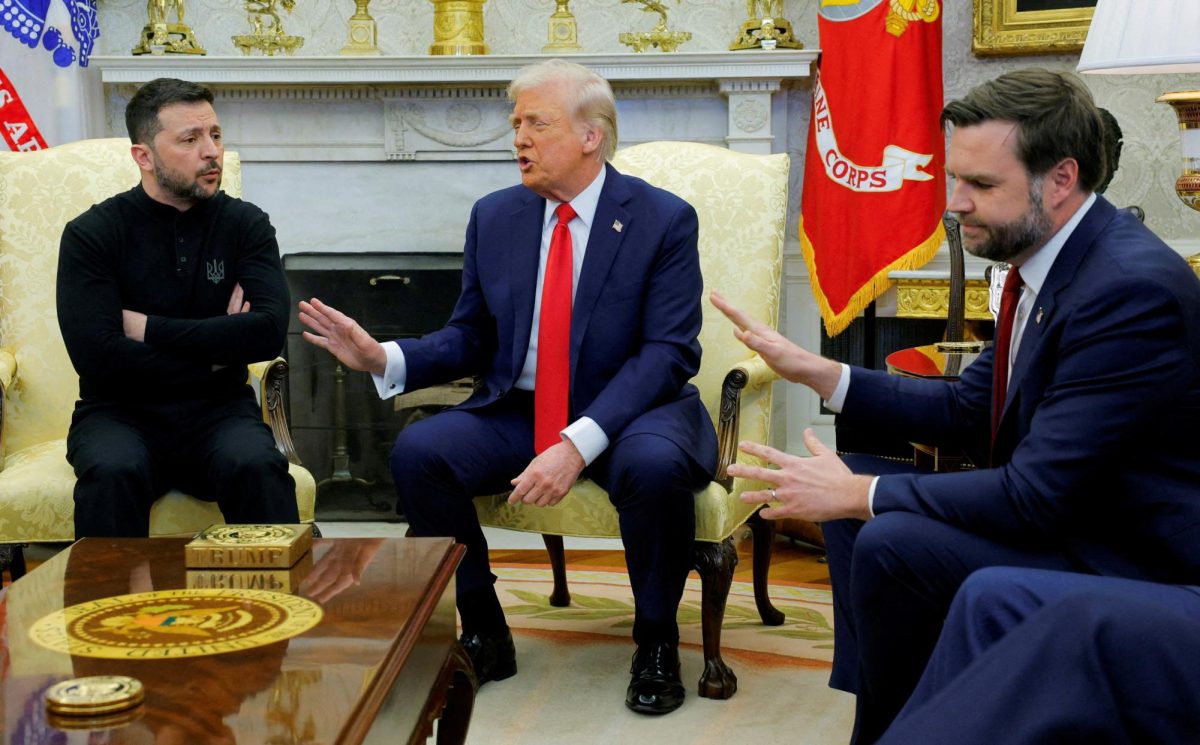

@UnpavedMiddle | Aug 21, 2023 at 1:22 pm
In “Zen and the Art of Motorcycle Maintenance” Robert Pirsig writes “The truth knocks on the door and you say, “Go away, I’m looking for the truth,” and so it goes away. Puzzling.” And so it is. The truth is no harder to find now than it ever was, in spite of zealots from both ends of the political spectrum who wish to control what we can read and can’t read. All we have to do is look for it with a pure heart and we will find it.
Renate Dellmann | Aug 24, 2023 at 7:24 am
just think of the Third Reich, or the Soviet Union, or China,
and then remember the cost of living under totalitarian regimes once the door is opened to them.
Caleb Weingarten | Aug 24, 2023 at 12:36 pm
Well said, I think this is true. Freedom, in a general sense, doesn’t seem as valuable until it is gone.